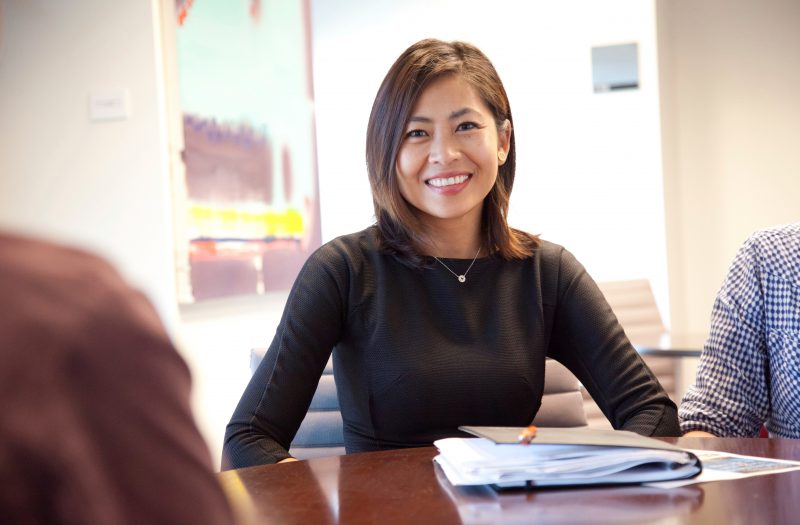Dr. Francesca Filbey has made a name for herself through her research on the cognitive neuroscience of addiction. A graduate of King’s College in London, Dr. Filbey is an associate professor in the School of Behavioral and Brain Sciences (BBS) at UT Dallas and the Director of Cognitive Neuroscience of Addictive Behaviors at the Center for BrainHealth (CBH). Currently, she studies mechanisms that underlie reward sensitivity in heavy and chronic marijuana users and the genetic and environmental modulators of these mechanisms. Dr. Filbey spoke with us to share her knowledge and insight, as well as give advice to students who might be interested in pursuing research at UT Dallas.
Based on your research, what kind of environmental stressors influence the risk factors for marijuana dependence?
Age of exposure and stress appear to elevate the risk for problems with marijuana use. These two factors exert their greatest effects particularly during adolescent years. For example, initiation of marijuana use or adversities during our teenage years have been associated with later development of cannabis use disorders. This finding is concordant with the literature highlighting critical neurodevelopment during this period where the brain undergoes rapid maturation that could lead to long-term, perhaps irreversible, effects.
What positive and negative associations related to cannabis use have you gathered from your research?
We have found several alterations in terms of brain structure and function that are related to cannabis use. For example, we have found decreases in brain volume, as well as increases in brain connectivity. We have also found differences in neural function that underlie several processes such as response inhibition, craving, and motivation.
What is your favorite aspect about the research that you have done?
The most rewarding aspect of research is mentoring students in my lab. Students help cultivate new ideas and also invigorate the lab with their enthusiasm and positivity. I enjoy being a witness to their accomplishments during their time in my lab and beyond.
Do you have any advice to give to students who are prospectively thinking about partaking in research?
As a first step, I recommend students to spend time in a research lab that studies topics that are interesting to them. Students can benefit tremendously from the experience within a scientific research environment, as well as the interactions with others who share similar professional interests.

